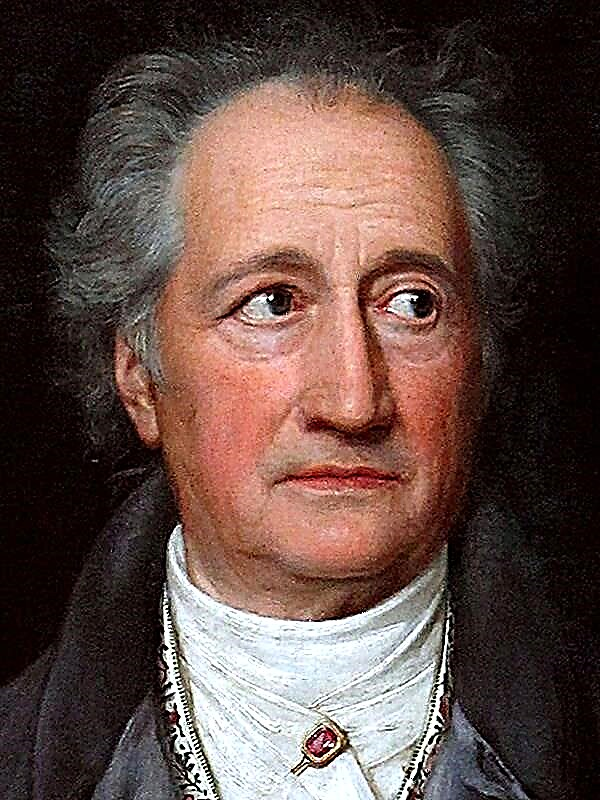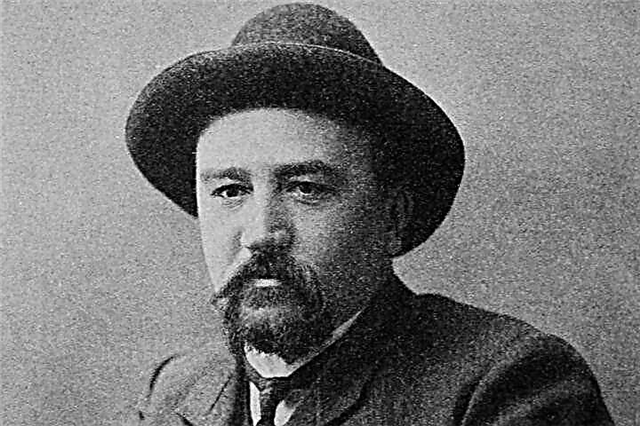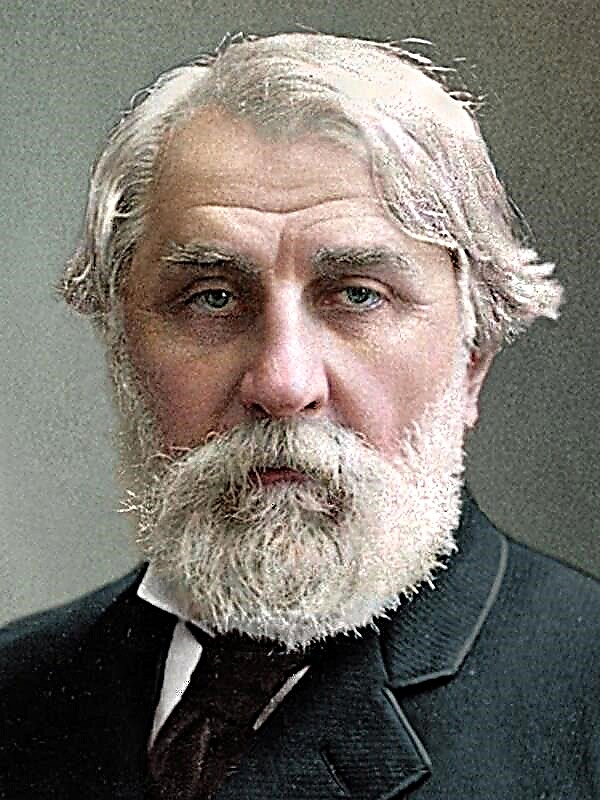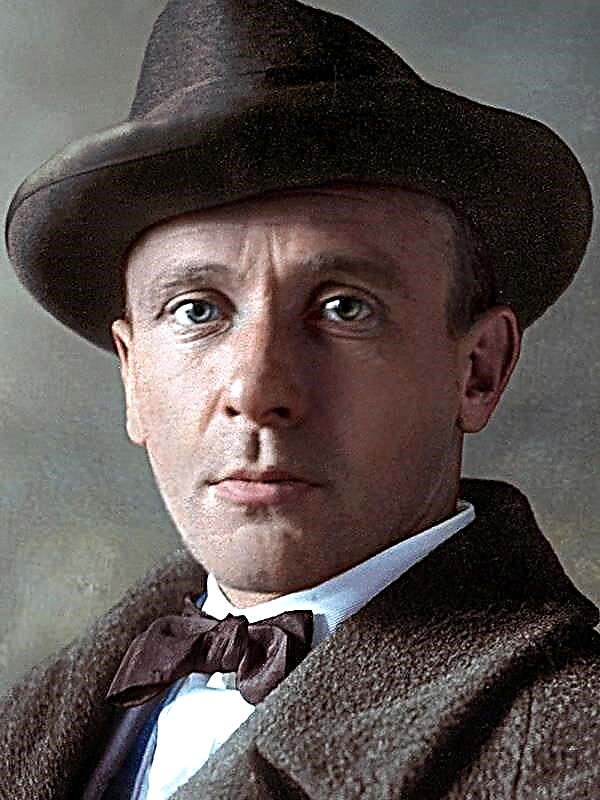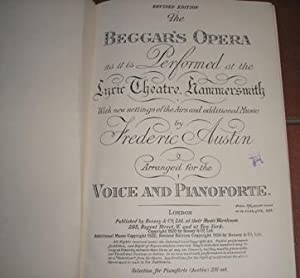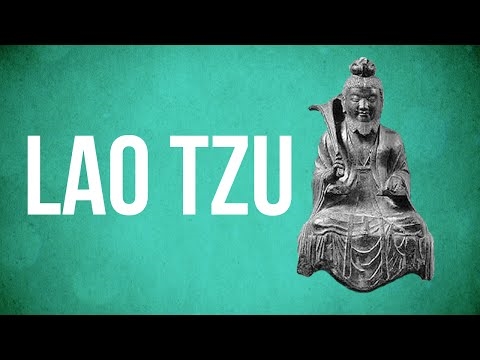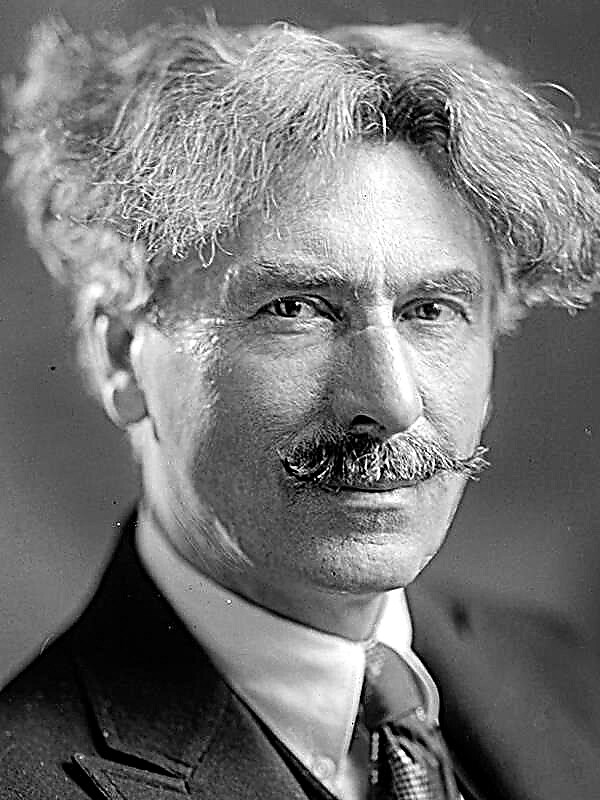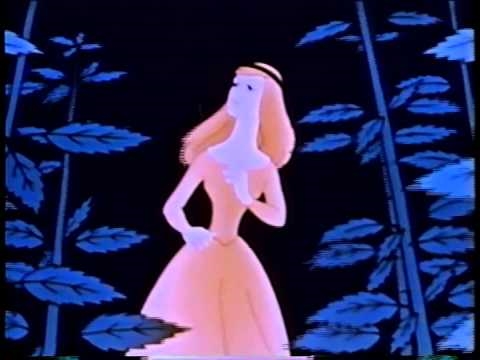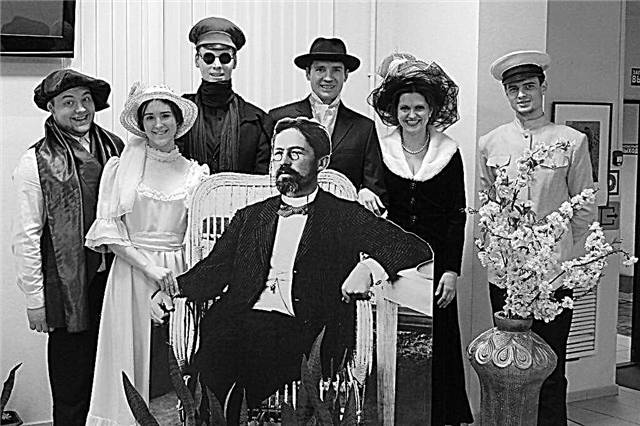People need to know the history of their country in order to know in the future what to do in this or that case. Alexey Tolstoy, inspired by the era of Peter the Great, decided to show us all the subtleties and difficulties of the Petrine era. As you know, he invested almost 10 years of his life in the work and spent many hours to study exactly the era of transformations and changes in our country.
History of creation
Alexei Nikolayevich Tolstoy was very interested in the fate of Emperor Peter 1, for more than twenty years the writer studied the biography and historical facts from the life of the ruler. This case can be called one of those when the author’s work, in attempts to convey the character of the era and personality, borders on scientific historical literature.
Initially, the work was conceived as an epic novel that would allow, with its volume, to show all the positions and change of thoughts of a Soviet man. The writer fully succeeded, because through the image of Peter, the personality of the patron and admirer of Tolstoy - I.V. Stalin - is visible. In his novel, Tolstoy wanted to show the value of the transformations of that time, he describes how the wisdom of the ruler determines the further development of the state. But the reader is not at all difficult to grasp the connection between that time and the new Soviet era, where it is also not easy for people to change for the better, where people do not want to accept the need for change. In such a situation, the country needs a cruel, but strong and far-sighted leader, whom the author saw both in Peter the Great and in the General Secretary of the CPSU Party.
Genre, direction
“Peter the Great” is a historical novel, includes elements of a novel of formation and heroic narration. You can also find features of a biographical novel.
The direction is realism. The author reproduced life and customs, based on historical chronicles. He wrote only what was really.
Essence
In the first book, Peter the Transformer appears before us. A personality that is still fully formed, but striving to become the true and correct path. The author shows us the king as a person close to his people, able to understand all the problems and try to find a solution.
- The first volume shows us the still very small Peter, frightened by the impending difficulties of government. From this moment begins our acquaintance with the formation of the future king, able to change the fate of his country. We can observe how the little ruler learns to cope with palace intrigues, betrayals, experiences the first failures, learns to correct his mistakes and solve complex, even seemingly insoluble problems.
- In the second volume we see Peter already grown up, capable of working along with the common people for the benefit of the country's prosperity. A lot of time has passed, the young ruler is preparing for the first transformations and signing laws. Peter takes care of howling people, trying not to allow arbitrariness on the part of the boyars. So, page after page, before our very eyes, the king is becoming a small, frightened boy into a mature wise ruler.
- In the third volume, we are presented with a person who has already taken place as a person, a king, a man. St. Petersburg is already standing on the banks of the Neva, many years of war have been stopped. Like Peter, the country is embarking on a new path of change and improvement. The third volume is the final and indicator of the positive consequences of the reforms, a cultural upsurge in people's lives is taking place, and the military power of the state is growing.
Main characters
- Peter Alekseevich - Tsar of Russia. The writer tried to reveal the image of the ruler multifaceted and fully, showing both positive and some negative qualities of Peter. The monarch appears before us in a different light, starting from his young years, ending with the peak of successful reforms of the historical figure. The hero is distinguished by diligence, determination, foresight and willpower.
- Alexander Danilovich Menshikov - Peter's associate, ready for anything for the ruler, Peter completely trusted him, considered him with his right hand. Menshikov escaped from the family, being very young, survived as best he could, interrupted from a penny to a penny. Thanks to his mind, he got into the palace, where he worked as a bed prisoner. When Peter understood the true value of this man, he became the right hand of the sovereign. He was distinguished by his intelligence, businesslike ability and ability to absorb new trends.
- Franz Lefort - Peter's mentor, his friend, who helped to unleash the king’s potential. Franz appears before us as a mature man, we can say that he was the main in all matters of foreigners in Russia. Lefort served as an adviser to Peter on military matters, on social and economic matters, and suggested what to do best during the palace struggle with Sophia.
There are other heroes of the novel who are no less important for the plot, but there is no way to describe each, we have not an epic article. But if someone wasn’t enough for you, feel free to write about it in the comments, add.
Themes and Issues
- The main theme is patriotism.. The author shows that our land is rich in various natural deposits, but they are wasted. Thus, there is potential in our country, but it is either not used or is being used incorrectly. Only a strong and strong-willed person can change this, according to the writer. Each of us for the sake of our homeland, for the sake of our future, should become such a person.
- The main problem is power and its impact on the individual. Peter had to deal with kindred intrigues, family people were ready to get rid of him, if only to take the throne. The craving for power knocks out all the best from a person, leaving a scorched field in place of the soul.
- The problem of social injustice. Peter put himself in the place of an ordinary worker and realized how hard the life of the people was under the yoke of arbitrariness. Therefore, he took up arms against the nobility, which, with its greed, pulled the country back, exhausting the peasant and living at his expense.
- Social Issues also includes the issue of people's readiness for change. It is very difficult for innovators to change the world; they constantly face the misunderstanding and aggression of those who are used to living in the old way.
The main idea
The main idea of the novel is that a big country needs a visionary, purposeful and decisive leader who, by his own will, will direct the country forward. Without a strong and firm hand effective management is impossible. Without it, the elite will never agree to change anything, because it is living well, and the people, out of fear of change or ignorance, will smoothly plunge into stagnation. Thus, a true leader is a tough and adamant person who is obliged to make sacrifices in order to make history.
One cannot disagree with this message; it is very controversial. An author who returned from exile and (thanks to Gorky’s patronage) settled down under a regime hostile to him could fulfill a political order, the purpose of which was to justify Stalin’s brutal dictatorship by covering up repressions with historical necessity.
What does it teach?
Beneficial changes are always needed. Life cannot stand still, especially in such a large state as our country. But at least any meaningful transformations cannot be accomplished by themselves, without our readiness for them. The book teaches people to take responsibility for the future of the country and look to the future.
Often, people themselves hinder progress, and they really have to be pushed from above, this is the direct purpose of the government. But the person himself must go towards positive changes, must develop and adapt in modern times, and not stand still and rest on what is already there. Then you don’t have to push anyone.
Criticism
Contemporaries praised the work “Peter the Great” and regretted that the author did not finish it to the end. For example, Korney Chukovsky wrote that before his death, the author’s imagination began to border on clairvoyance. Judging by his recollections, Tolstoy planned to write a historical literary epic dedicated to the era of palace coups and the reign of Ivan the Terrible. All this would be a continuation of the story already written by him.
I. Ehrenburg pointed out that Tolstoy’s work was similar to Dostoevsky’s. The author himself did not know what the heroes would do, they came to life in his head and did what they themselves considered necessary. These writers never knew how this or that book would end.
V. Inber recalled that Tolstoy was an amazingly solid nature and chose a hero to suit himself. He also loved Russia, as did its first emperor.
Yu. Olesha noted the authenticity of the prose of a fellow writer. He often represented what was written in the novel, and the lines came to life in his head. The text of the trowel described everything that the writer wanted to say.
V. Lidin said that in Tolstoy he appreciates, first of all, nationality. His king is as if a man from the people, living the interests of ordinary people. The author masterfully conveyed the Russian spirit, paying attention to lively Russian speech, which adorns the text and conveys the subtlest shades of meanings.
L. Kogan described the details of conversations with the writer, he believed that the Poltava battle was a turning point in Russian history, it was there that the tsar and the people united in a single impulse.
G. Ulanova believed that Tolstoy lived in the souls of his heroes, as if he himself experienced their emotions, as if he saw a story with his own eyes.




